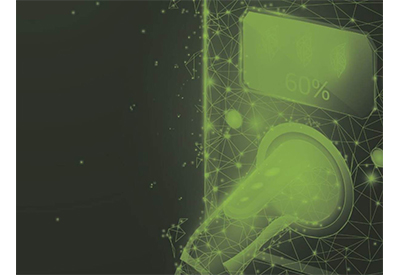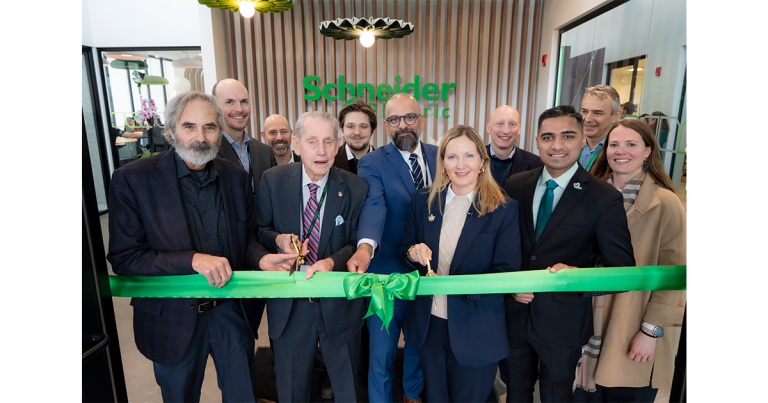UL Expands Frankfurt Laboratory to Advance Electric Vehicle Charging Safety

November 19, 2020
Recently, UL officially announced the expansion of its Frankfurt – Neu-Isenburg facility for testing and certification of new electric vehicle (EV) charging.
Representing one of the most important EV charging testing footprints in Europe, the facility addresses the growing demand for DC fast charging electric vehicles and offers EV charging, charging infrastructure and vehicle manufacturers state-of-the-art technology and a comprehensive service solution, including certification for global market access, all under one roof. Combined, this will empower UL customers with shorter development cycles and a faster time-to-market with the ability to be more competitive in the global marketplace.
“UL is thrilled to be a part of Europe’s mobility and automotive innovation ecosystem,” said Jeff Smidt, vice president and general manager of UL’s Energy and Power Technologies division. “With continued growth in the global EV sector, demand for electric vehicle charging testing is increasing substantially to help improve battery and charging performance and safety. UL’s investment in the Frankfurt EV battery charging test facility demonstrates our commitment to global markets with new and developing standards. It also equips us to better support municipal utility infrastructure, European EV charging companies and automotive OEMs to fast-track their project fulfillment —allowing them ultimately to quickly meet this rising demand.”
The expansion adds capacity to the existing facility allowing UL to service a more diverse range of EV chargers and related equipment to customers across Europe looking for regional as well as global market access. This includes testing facilities addressing Level 1 and Level 2 AC charging – up to 12 kW – as well as Level 3 DC fast charging – up to 150 kW. AC charging, long the backbone of the EV charging market, is optimal in home and office locations for individual EVs only requiring short distance travel. Attributed to the advances in battery technology, and the widespread adoption of passenger and small commercial EVs, demand for DC fast charging equipment has grown exponentially to meet EVs designed for long distance travel, and to provide rapid multivehicle charging common in public settings.
Employing a team of world-class engineers with extensive technical expertise for new and innovative EV charging technologies, the Frankfurt facility will offer comprehensive services for testing, including EV simulators with full power capabilities, advisory and certification services. In addition, the facility provides the convenience and capability for design engineers and product developers in the local area to work with UL as a partner throughout every step of the testing and certification process – from sending prototypes to witnessing testing and addressing compliance issues before production.
As a third-party partner well-versed in EV battery and charging standards in North America and internationally, UL is able to provide European OEMs with market access in that region. The EU market continues to put in place European EV and EV charging equipment demand drivers with the European Automobile Manufacturers Association (ACEA) announcing that at least 2.8 million public EV charging ports will be needed by 2030 across Europe. UL is also able to provide global marketing access services for International Electrotechnical Commission (IEC) EV charging testing work in Europe, Asia Pacific and other emerging markets.
“Many significant developments in electric vehicle charging are taking place with demands from end users and new technological solutions pushing the infrastructure to do more and do it faster than before. This evolution is leading to new and innovative thinking, especially for safety requirements,” Smidt said. “With the Frankfurt test facility, UL is helping customers meet current and future market needs while helping them mitigate safety and performance risks throughout the entire product life cycle.”

















